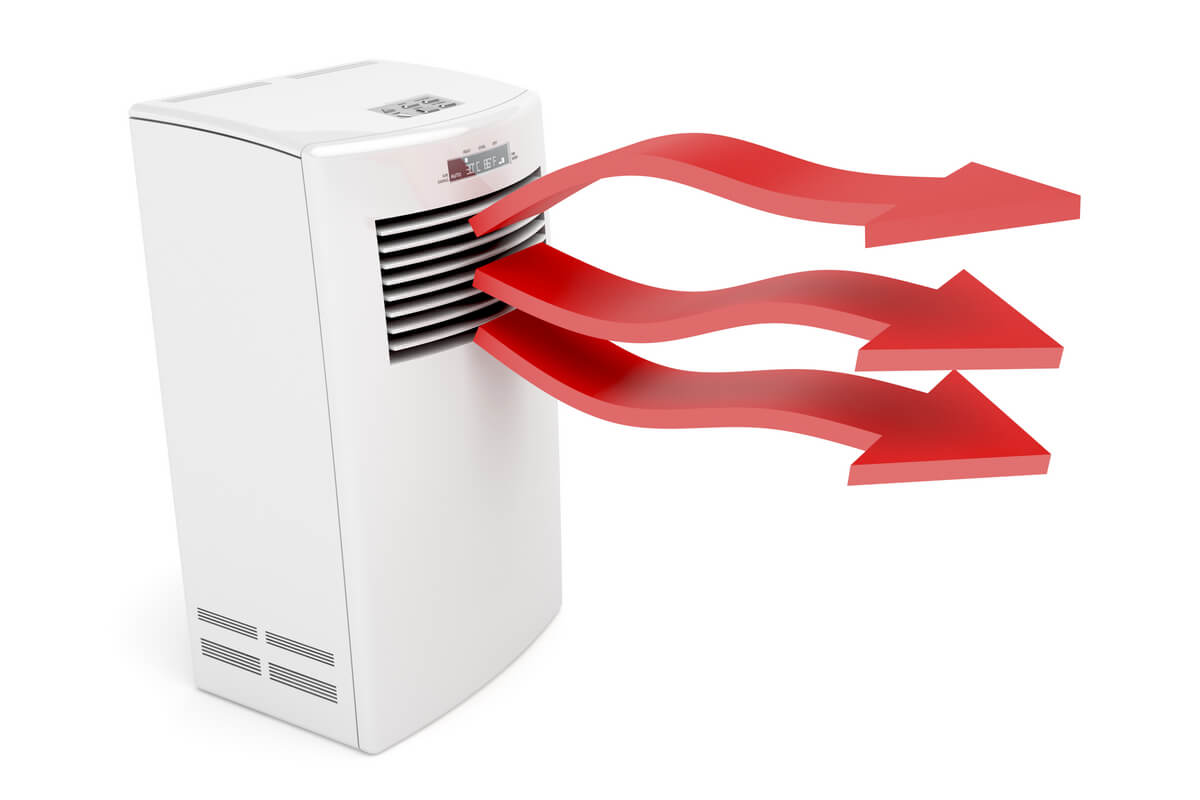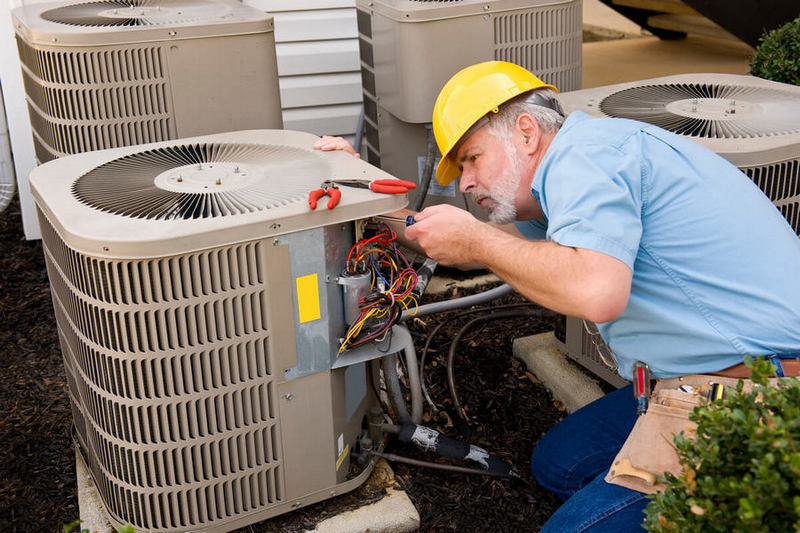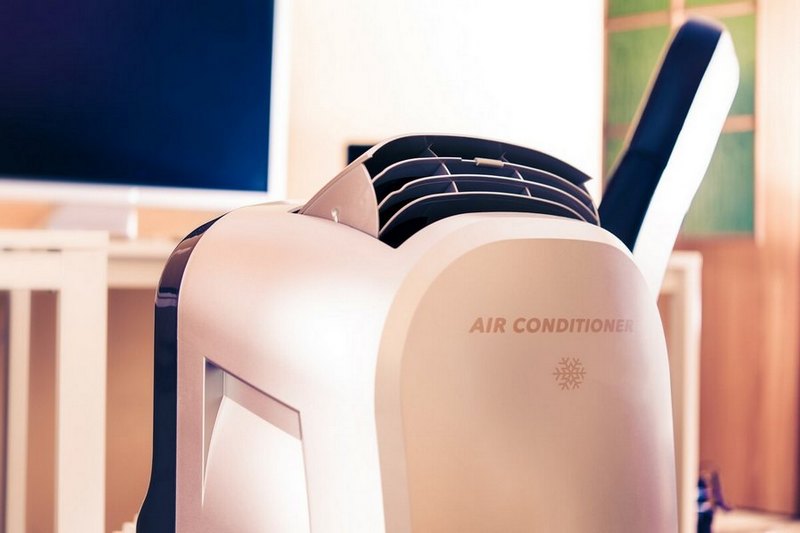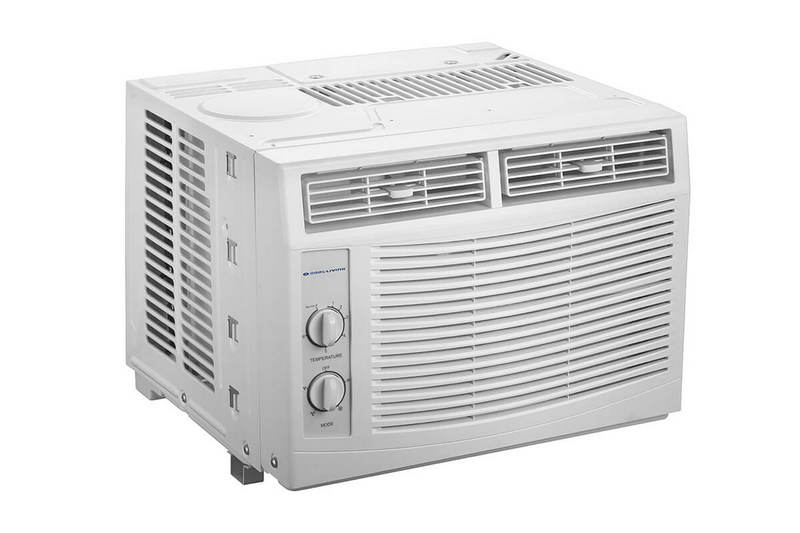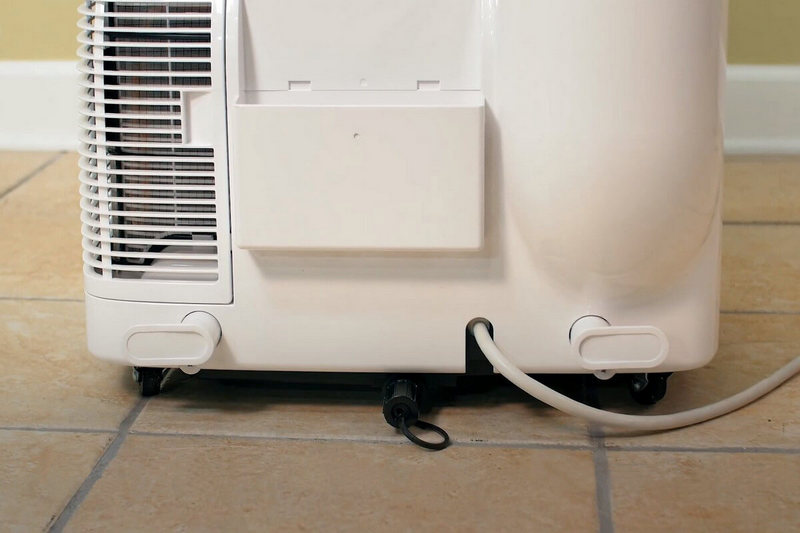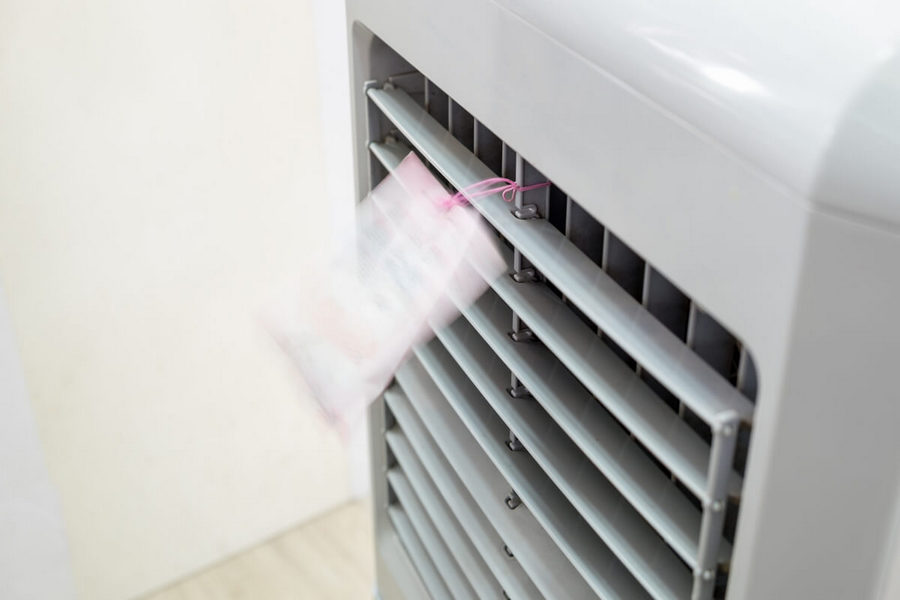While outdoor barbeques and pool parties are in full swing, many people prefer to spend most of their time indoors during summers. As the temperature increases, the dependency on air conditioning systems for indoor comfort increases.
It can be a bummer if your home AC starts blowing warm air suddenly. However, many reasons can cause AC to blow hot air, some of which you can even resolve.
So, if you’re wondering why is AC blowing hot air, check out this list of potential reasons and their fixes before calling an HVAC technician to help you out.
Causes (and Fixes) of Your Air Conditioner Blowing Hot Air
Typically, an air conditioner is supposed to blow cold air and regulate the indoor temperature during summers. If your air conditioner is blowing warm air instead of cold air, there is undoubtedly an underlying problem causing the unit to malfunction.
Luckily, an AC blowing hot air does not always signal a significant issue that experts can only fix. Here are the causes and fixes of your air conditioner blowing hot air that you can try solving by yourself in no time.
Fluctuation in Refrigerant Levels
The refrigerant is the key ingredient using which an air conditioner changes hot air into cold are. Therefore, any fluctuation in the levels of this refrigerant can impact how effectively your air conditioner conducts this process.
If your AC is blowing warm air, low refrigerant or freon levels can be the culprit. When freon expands and turns into gas, it cools the coils, that in turn cools the air in the unit. Low freon levels lead to inefficient cooling of the coils, so the air expelled by the units becomes warmer.
Low refrigerant levels are not an uncommon problem, but it shouldn’t occur if your AC usually works. That’s because refrigerant lines are enclosed, and there’s no way for any freon to escape from them.
So, it is likely that there’s a leakage in your AC’s refrigerant lines. In this case, you’ll have to refill the coolant in your AC and fix the leak. While you should usually contact a professional to complete the process, you can do it yourself if you have the required technical skills.
Inefficient Compressor
If you have checked your refrigerant levels and they seem okay, you should check out the AC compressor next. The compressor works to compress the cooling agent and help it cool the coils adequately.
If the compressor fails to do its optimal job, your AC might start blowing hot air instead of cold air. That’s because partially expanded refrigerant won’t cool the coils properly, resulting in inefficient air cooling.
Most compressors of AC units from renowned brands are backed by a warranty so that you can contact your service provider for help. However, if your warranty period has expired, it can be pretty tricky to fix a compressor, and it might never work the same again.
The best way to fix a faulty compressor is to replace it with a new one. You can easily replace a compressor by yourself. Just remove the old one from the outdoor unit and follow the instructions in your user manual to fix the new one.
But, for split ACs and central air conditioners, it is better to have a professional replace a compressor.
Wrong Thermostat Settings
If you sense your AC unit is malfunctioning by blowing hot air instead of cold air, then one of the first things you should do is check your thermostat settings. If you have accidentally set your thermostat to a higher temperature, your AC will start blowing warm air.
Re-check all the settings and make sure the AC is set to ‘cool’ at the proper temperature. Similarly, check if the fan is on and ensure it is not on heat mode.
Furthermore, you should also check whether the thermostat has exhausted its batteries. This might cause it to malfunction and fail to regulate the temperature around your home. Replace the batteries to fix the thermostat problem in this case.
Additionally, if your AC is blowing hot air with a newly-wired thermostat, the chances are that your thermostat is not wired correctly. In this case, you should get your thermostat checked by a professional and get it re-wired so that your AC works as it should again.
Clogged Filters and Expansion Valves
Another aspect that should work flawlessly within an AC unit to ensure proper operation is adequate airflow. If there isn’t proper airflow within the unit, the AC will not function properly and might blow warm air.
Clogged filters can restrict the airflow within the AC to cause this problem. Due to the lack of airflow, the AC will start working rigorously to maintain the temperature requirements, causing the system to malfunction.
To fix this problem, you’ll have to clean the air filters or replace them with new ones so that your AC can start blowing cold air again.
Similarly, expansion valves release the coolant into the system so that it can expand and cool the coils. Although these valves seldom get clogged, they can be why your AC is blowing hot air.
While a filter replacement can be taken up as a DIY project, you will need to reach an HVAC technician to unclog an expansion valve.
Fuse and AMP Breaker Issues
Even if your AC is blowing hot air, chances are its internal systems are working fine. Instead, you might be facing a power issue causing the problem in your air conditioner.
If your AC does not receive the amount of power it needs, it won’t be able to cool air efficiently. Therefore, it might end up releasing warm air.
The best way to fix any power issues is to check all electrical outlets and cables. Also, check whether your fuse has blown or your amp breaker has tripped. Your AC won’t work correctly and blow hot air in such situations.
You can quickly fix both of these issues by yourself. But, if you don’t usually conduct electrical home improvements, you can contact a technician to do the job.
Related: Why Is My Portable Air Conditioner Not Blowing Cold Air
Final Thoughts
Although it is not uncommon, it is pretty frustrating to have your AC blow hot air, especially when summer is peak. The best way to deal with this problem is to avoid panicking and check each AC’s parts one by one.
If everything seems okay in the internal unit, check the outdoor unit parts, including the fan and compressor, for further insight.
Sometimes, the problem may line outside your air conditioning systems, such as in your thermostat or electrical outlet. Make sure to rule these problems out before calling an expert to conduct a diagnostic check.

